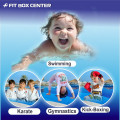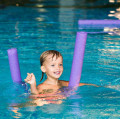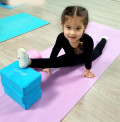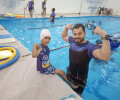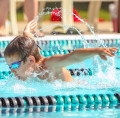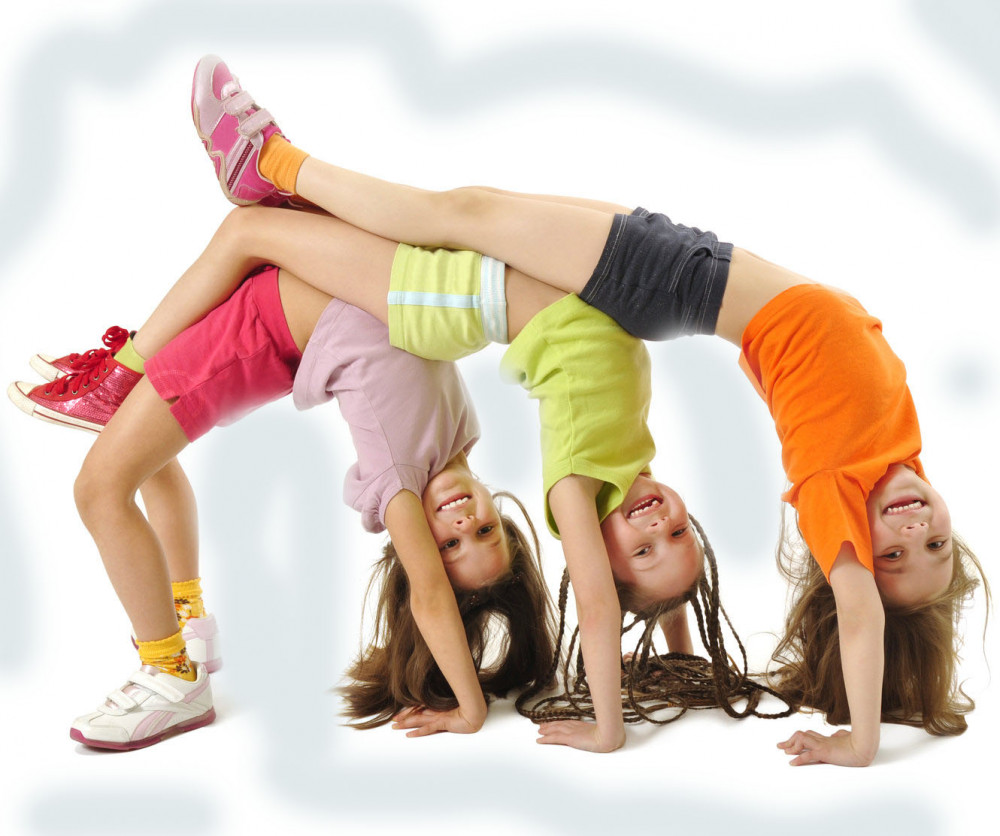
Gymnastics for Kids Learning More Flexible Steps
2024-11-25 - gymnastic
Introduction to Gymnastics for Kids
Gymnastics is a sport that combines strength, flexibility, balance, and coordination. It's an activity that challenges the body while also engaging the mind, making it a perfect exercise for children.
Why Start Gymnastics at an Early Age?
Starting gymnastics early helps children build physical and mental foundations that will benefit them throughout their lives. Early exposure to movement and coordination can enhance their motor skills and self-confidence.
The Benefits of Gymnastics for Children
Physical Benefits
Enhanced Flexibility
Gymnastics is well-known for improving flexibility. Stretching routines and movements encourage kids to develop greater range of motion, which prevents injuries and supports overall agility.
Improved Strength and Balance
From handstands to balance beams, gymnastics strengthens core muscles and improves balance. This development can benefit other physical activities as well.
Mental Benefits
Boosting Confidence
Every time a child masters a new move, their confidence grows. These small victories build a mindset of perseverance and self-belief.
Encouraging Discipline and Focus
Practicing routines and learning new steps teaches kids to stay disciplined and concentrate, skills that extend beyond gymnastics.
Learning Flexible Steps in Gymnastics
The Basics of Flexibility
Importance of Warm-Ups
Before attempting any gymnastics moves, warming up is crucial. It prepares muscles and reduces the risk of injuries.
Stretching Techniques for Kids
Simple stretches like the butterfly stretch or bridge pose can help children build flexibility over time.
Core Gymnastics Steps for Beginners
Forward Rolls
This foundational move teaches coordination and body awareness. It’s a fun way for kids to begin their gymnastics journey.
Cartwheels and Handstands
Cartwheels develop spatial awareness, while handstands build upper-body strength and control.
How to Get Started with Gymnastics
Finding the Right Gymnastics Class
Look for classes tailored to your child’s age and skill level. A good instructor will ensure safety and make learning enjoyable.
Creating a Practice Routine at Home
With proper guidance, simple stretches and movements can be practiced at home. Just ensure a safe and open space.
Safety Tips for Kids in Gymnastics
Proper Attire and Equipment
Comfortable clothing and protective mats are essential to prevent injuries and ensure comfort.
Importance of Supervision
Children should always practice under adult supervision to avoid accidents.
Common Challenges and How to Overcome Them
Managing Fear and Anxiety
Children may feel scared of certain moves initially. Encouragement and gradual practice can help them overcome these fears.
Dealing with Frustration
Not every skill is mastered immediately. Teaching kids patience and persistence is key.
Inspiring Stories of Young Gymnasts
Famous Gymnasts Who Started Young
Many Olympic gymnasts, like Simone Biles, began their training in childhood. Their journeys can inspire young learners.
How Kids Achieve Big Dreams in Gymnastics
With determination and support, children can achieve incredible milestones, both in competitions and personal growth.
Gymnastics as a Lifelong Skill
Building Healthy Habits
Gymnastics instills habits of regular exercise and mindfulness about physical health.
Carrying Lessons Into Adulthood
The discipline, confidence, and strength developed through gymnastics can benefit children throughout their lives.
Conclusion
Gymnastics for kids is more than just a sport—it’s a foundation for physical and mental growth. By learning flexible steps and embracing challenges, children not only gain skills but also confidence and resilience that last a lifetime.
.


